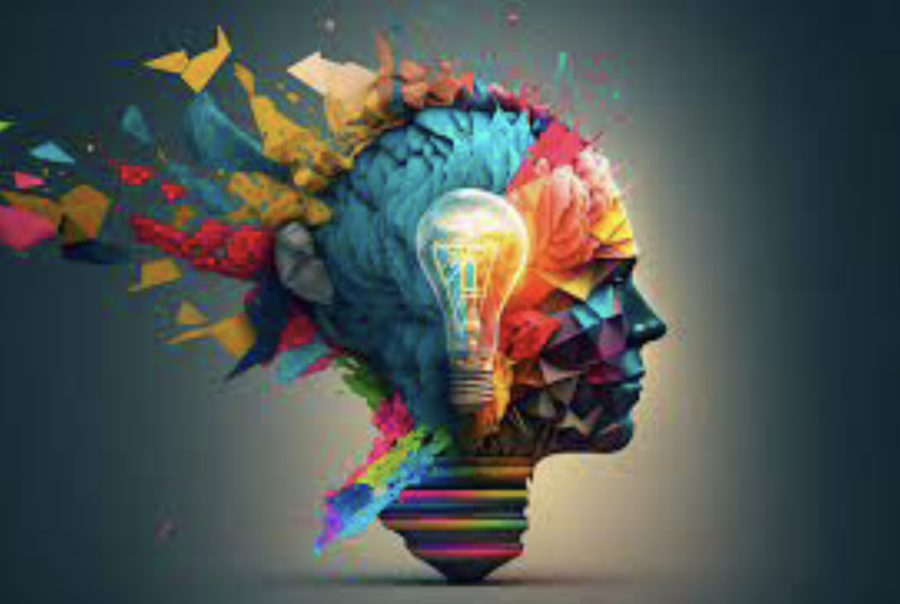ChatGPT and the Influence of AI
As a result of A.I. and the influx of technological growth, ideas have been circulating, but many argue that it isn’t always a good thing.
June 1, 2023
By now, most of us have heard of ChatGPT, an artificial intelligence (AI) chatbot that is task-specific in its conversation and has the ability to answer questions in a more human-like way than previous AI models. This week OpenAI, the company that launched ChatGPT, announced iPad and iPhone users will now have access to ChatGPT on their mobile devices. The iPhone will have a voice recognition feature, and the Android release will be coming soon. Apple says users don’t need to worry about excessive advertising. Additionally, the feature will not deliver a large number of results. Rather, the answers will be specific to what people are looking for, so users will be efficient.
Although this is true, Apple says it plans to gather feedback on how users use ChatPGT in their daily lives, not simply for assignments and quick answers as many of us associate with the product. Those who are paid ChatGPT users will also have access to a web browser that will give up-to-date information. This may affect the information we receive on traffic, weather, etc.
Currently, the app is available in the United States but plans are in place to expand to international access. Part of the delay has been because regulators in the European Union want to draft greater privacy laws to address safety concerns inherent in generative AI technology. Current AI models make mistakes and worse, express a high level of confidence in their answers. For example, individuals’ bank info could be erroneously leaked, and additionally, could be wrong and result in them unjustifiably being turned down for a loan. In fact, large tech companies such as Alphabet’s Google, and Microsoft, have actually stopped using AI products having to do with finance or other sensitive issues. Regulatory companies in Europe also want the program to disclose any copyrighted information, but Sergey Lagodinsky, who is helping draft the legislation, disagrees with the strict copyright policy.
“It’s like reading hundreds of novels before you write your own. If you actually copy something and publish it, that’s one thing. But if you’re not directly plagiarizing someone else’s material, it doesn’t matter what you trained yourself on.” Apple is also struggling with imitation ChatGPT apps. Although the official app is “OpenAI,” it’s showing up second on the list, and the knockoff app, ChatOn, is showing up first.





































